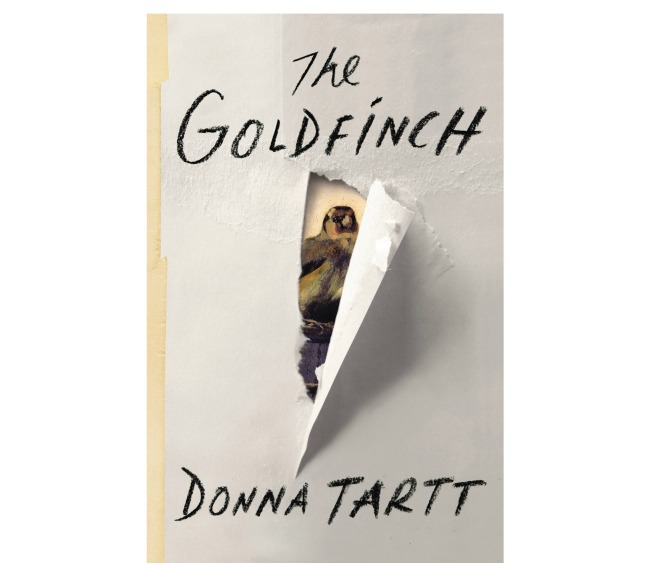
Roy Jenkins: A Well Rounded Life.
John Campbell.
Published by Jonathan Cape, London.
Watching Nick Clegg being soundly beaten by UKIP leader Nigel Farage in the recent radio and TV debates was a dispiriting business. Some may have felt inclined to hark back to an earlier age when the European cause had more eloquent and effective debaters on its side. For example, Roy Jenkins.
Of course, Roy Jenkins (or Lord Jenkins of Hillhead as he was by the end) died in 2003 and would doubtless be horrified to learn that our continued membership of the European Union is now in doubt once again at all. As for the current Coalition Government, this would doubtless shock him less. He was keen on coalition governments long before it was fashionable.

There are many myths about Roy Jenkins. One is that he was “nature’s old Etonian”, posh and clubbable, despite coming from a Welsh mining background. In fact, though this is true (his father was falsely imprisoned for his role in the 1926 General Strike), Jenkins’ background was much more privileged than was generally realised. His father did, after all, serve in the Attlee Government.
Another myth which Campbell convincingly dispels is that Jenkins was lazy. He most definitely was not that, combining a busy social life (including a string of extra marital affairs), with a distinguished career as a biographer and historian in addition to being Labour’s most successful ever Home Secretary and Chancellor of the Exchequer. He was also the first British President of the EEC and co-founder of the ultimately unsuccessful Social Democratic Party.

During his comparatively brief spell as Home Secretary between 1965 and 1967, Jenkins transformed more lives for the better than most Prime Ministers have succeeded in doing, sponsoring the legalisation of abortion and homosexuality. He is sometimes credited (or blamed) with launching the permissive society, an exaggeration even if one ignores the fact that the abolition of National Service and the death penalty had already been delivered not by Jenkins, but by the Tories. He was no less successful as Chancellor. Sadly, like Tony Benn, the unexpected Labour General Election defeat of 1970 led his leadership prospects to fade, albeit in a wholly different way to Benn: Jenkins alienating his then Eurosceptic party through his support for European unity. He was, in fact, perhaps too reluctant to challenge the leadership and by 1976 when a vacancy finally arose with Wilson’s resignation, it was too late. The SDP, despite huge initial opinion poll success in 1981 and (unlike today’s UKIP) actual by-election wins failed to break through although contrary to myth, probably didn’t ensure Tory victory in 1983 either.
This is a superb biography from distinguished author John Campbell. Despite being a self-confessed SDP supporter (he actually wrote an earlier biography of Jenkins at the height of the party’s ascendancy), Campbell certainly isn’t blind to either Jenkins’ or the party’s failings.
It is a long book and there are a few errors, mostly ones of chronology. The SDP were formed in 1981 not 1982 as stated on page 9 (though the detailed account of SDP history later in the book makes clear Campbell obviously knows this). Jenkins was also first Home Secretary from 1965 to 1967, not 1966 to 1967 (p1). Tony Blair’s reform of Clause IV did not come “half a century” after Gaitskell’s attempt but only about thirty-five years later (p208). Gaitskell attempted this in 1959-60. Blair’s more successful attempt was in 1994-95. Was Sir Stafford Cripps ever referred to as the “Iron Chancellor” as Campbell states (P310-P311)? Maybe he was. The nickname is more usually applied to Labour’s first ever Chancellor Snowdon, however, or sometimes Gordon Brown (and originally to Otto von Bismarck obviously). Finally, the Westland Affair peaked in January 1986 not January 1985 (p642).
But these are quibbles. This is a superb well-rounded biography of a well-rounded man. It is indeed a biography Roy Jenkins himself would have been proud to have written although he may have struggled to pronounce the title.















